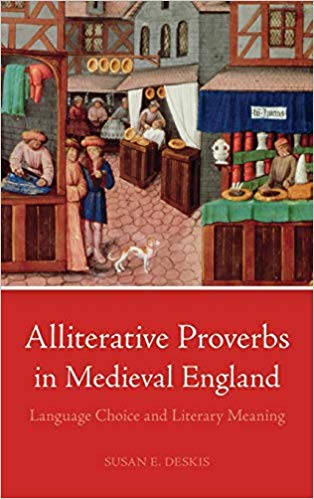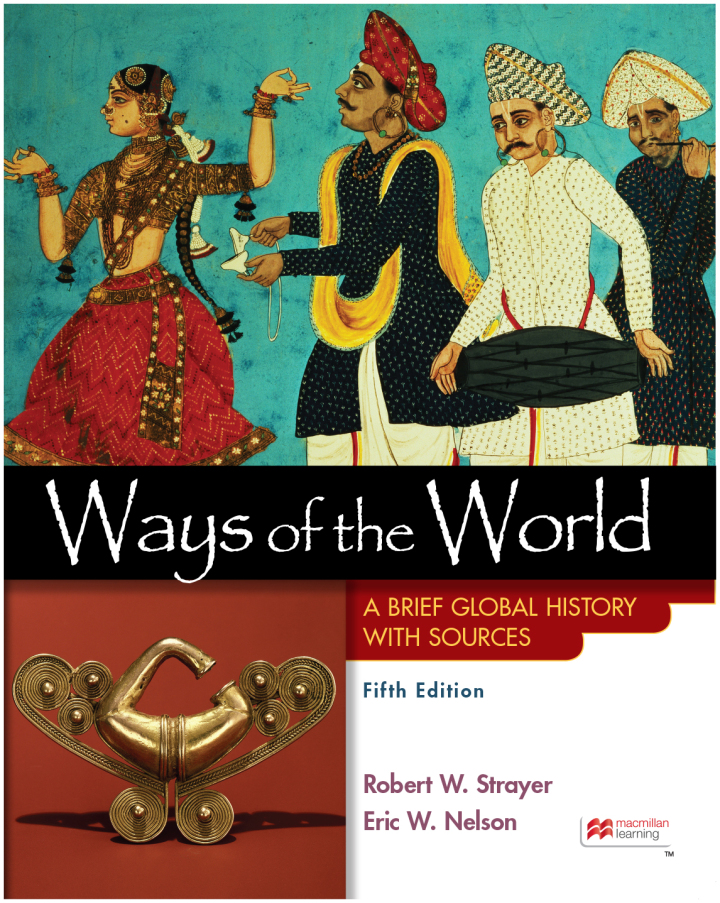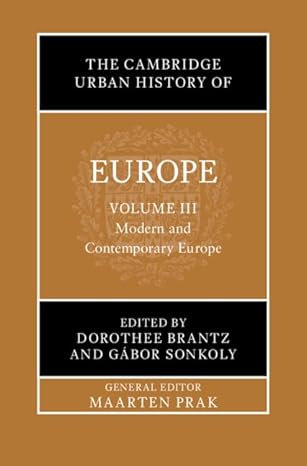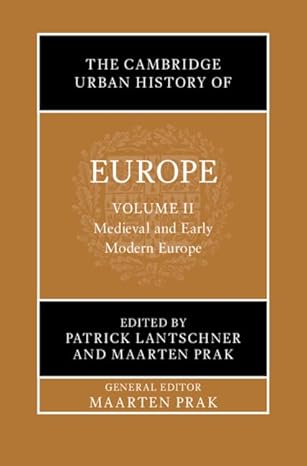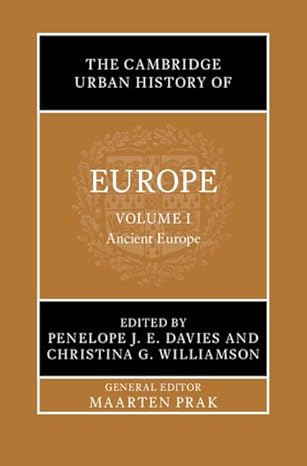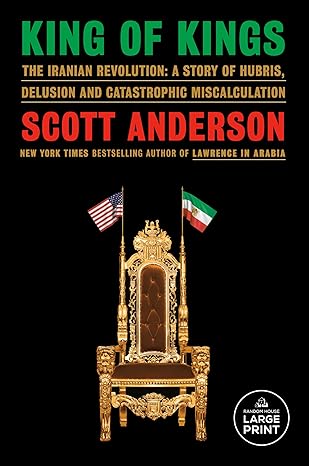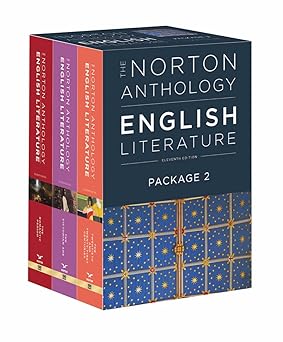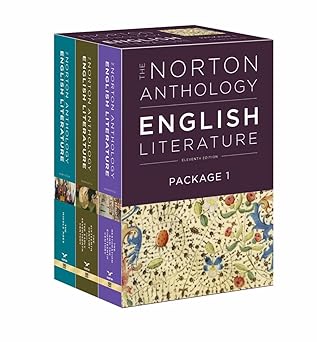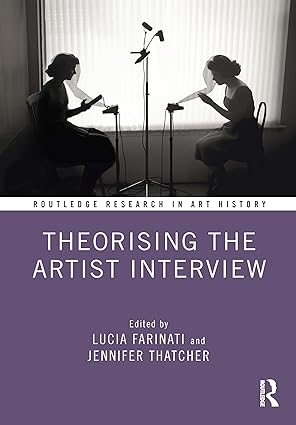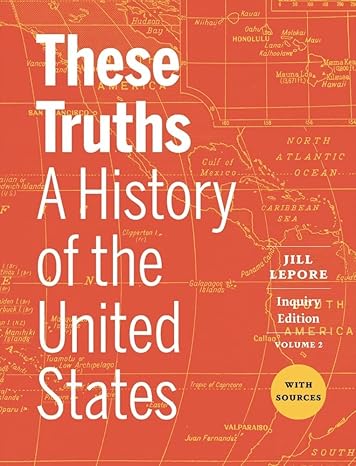Medieval England’s specific political and linguistic history encompasses a great number of significant changes, some of the most disruptive of which were occasioned by the Norman Conquest. The alliterative proverb, with roots in Old English and continued vitality in Middle English, serves as a unique verbal icon allowing exploration of cultural conditions both before and after the Conquest. As a durable yet flexible form, the proverb remained just as important in the fifteenth century as it was in the sixth.
The proverb has been an underutilized resource in tracing the linguistic and intellectual cultures of the past. Making the fullest use of this material, this study, by Susan E. Deskis, is complex in its combination of philology, paroemiology, literary history, and sociolinguistics, ultimately reaching conclusions that are enlightening for both the literary and linguistic histories of medieval England. In the language ecology of England from about 1100 to about 1500, where English, French, and Latin compete for use, alliterative proverbs are marked not only by the choice of English as the language of expression but also because alliteration in Middle English connotes a conscious connection to the past. Alliterative Proverbs in Medieval England: Language Choice and Literary Meaning explores how that connection is exploited in various literary genres from school texts and sermons to romances and cycle plays.
چکیده فارسی
تاریخ سیاسی و زبانی خاص انگلستان در قرون وسطی شامل تعداد زیادی از تغییرات مهم است که برخی از مخرب ترین آنها توسط فتح نورمن ایجاد شد. ضرب المثل همسانی که ریشه در انگلیسی باستان دارد و در انگلیسی میانه سرزندگی مستمر دارد، به عنوان یک نماد کلامی منحصر به فرد عمل می کند که امکان کاوش در شرایط فرهنگی قبل و بعد از فتح را فراهم می کند. این ضرب المثل به عنوان شکلی بادوام و در عین حال انعطاف پذیر، در قرن پانزدهم به همان اندازه که در قرن ششم اهمیت داشت، باقی ماند.
این ضرب المثل منبعی کم استفاده در ردیابی فرهنگ های زبانی و فکری گذشته بوده است. با استفاده کامل از این مطالب، این مطالعه، توسط سوزان ای. دسکیس، از نظر ترکیبی از زبان شناسی، پارومیولوژی، تاریخ ادبی، و زبان شناسی اجتماعی پیچیده است و در نهایت به نتایجی می رسد که هم برای تاریخ ادبی و هم برای تاریخ زبانی انگلستان قرون وسطی روشنگر است. در بومشناسی زبان انگلستان از حدود 1100 تا حدود 1500، جایی که انگلیسی، فرانسوی و لاتین برای استفاده با هم رقابت میکنند، ضربالمثلهای همخوانی نه تنها با انتخاب انگلیسی به عنوان زبان بیان مشخص میشوند، بلکه به این دلیل که همخوانی در انگلیسی میانه به معنای آگاهانه است. ارتباط با گذشته ضرب المثل های آلتراتیو در انگلستان قرون وسطی: انتخاب زبان و معنای ادبی چگونگی استفاده از این ارتباط در ژانرهای مختلف ادبی از متون مدرسه و موعظه ها تا عاشقانه ها و نمایشنامه های چرخه ای را بررسی می کند.
ادامه ...
بستن ...
Ebook details:
عنوان: Alliterative Proverbs in Medieval England Language Choice and Literary Meaning (9780814213094)
نویسنده: Susan E. Deskis
ناشر: Ohio State University Press; 1 edition (October 30, 2016)
زبان: English
شابک: 081421309X, 978-0814213094
حجم: 3 Mb
فرمت: True Pdf
ادامه ...
بستن ...
